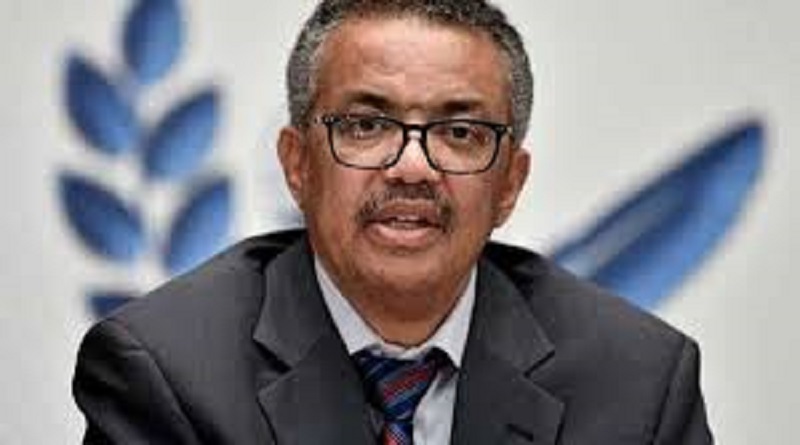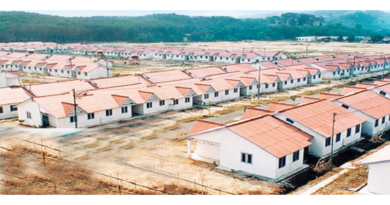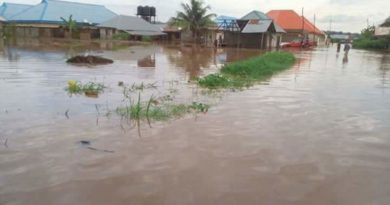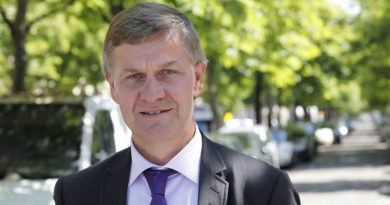Earthquake: WHO sends emergency health supplies to Türkiye, Syrian Arab Republic
In response to the devastating earthquakes impacting Türkiye and the Syrian Arab Republic, the World Health Organization delivered 72 metric tons of trauma and emergency surgery supplies, including treatments, to both countries to support ongoing response efforts.
A first charter flight departed to Türkiye on 9 February carrying 37 metric tons of life-saving supplies, and a second flight is scheduled to deliver 35 metric tons of supplies to the Syrian Arab Republic today.
In total, these life-saving supplies from both flights will be used to treat and care for 100 000 people as well as for 120 000 urgent surgical interventions in both countries.
A third flight is scheduled to reach the Syrian Arab Republic on 12 February and expected to carry 37 metric tons of emergency health supplies to reach an additional 300 000 people.
The trauma and emergency surgery supplies are designed to treat those injuries sustained during an earthquake as well as to treat illnesses such as pneumonia that are expected to rise over the next days and weeks as people are exposed to cold temperatures and many are sheltering outside or in temporary shelters. The supplies also follow WHO’s immediate release, on Monday 6 February, of prepositioned medical and surgical supplies in Syria to 16 hospitals treating survivors of the earthquake in the northwest of the country.
WHO has released more than US$ 16 million from the Contingency Funding for Emergencies, including US$ 3 million within hours of the disaster, including for these chartered flights. These 110 metric tons of supplies, valued at USD 826 000 in total, are being sent from the WHO Global Logistics Hub located within the International Humanitarian City (IHC) in Dubai, United Arab Emirates. The flights, donated by the IHC, are providing a vital link to those impacted by this devastating event.
“These life-saving health supplies are critical for treating the wounded and providing urgent care to all those affected by this tragedy in both countries,” said WHO Director-General, Dr Tedros Adhanom Ghebreyesus. “Survivors are facing freezing conditions, continuing aftershocks and very limited access to shelter, food, water, heat and medical care. We’re in a race against time to save lives.”
Working around the clock, the Global Logistics Hub immediately mobilized the dispatch of 110 metric tons to answer the call to a major public health disaster. WHO is grateful for the support and partnership with the IHC, the Dubai Government, and the Government of the United Arab Emirates to transport these supplies quickly to those in greatest need.




